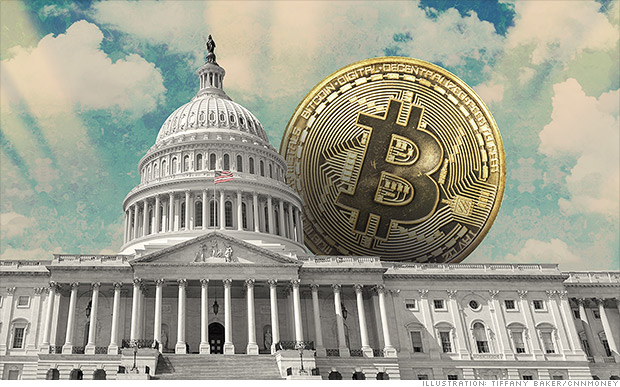
Travis Kling: “Significant Chance” That Crypto Will Outperform Everything In 2019
While many poke fun at the performance of crypto in 2018, global macro markets have begun to falter. Since reaching a year-to-date high in early-September, the Nasdaq, the world’s second-largest stock exchange, has seen its index collapse by 22%. Nasdaq’s index, which houses the publicly-traded stocks of tech powerhouses, namely Alphabet (Google), Amazon, and Apple, has fallen so far that it is now in “bear market” or “recession” territory.
Nasdaq isn’t the only market suffering, far from, in fact. The SPDR Homebuilders ETF, which holds notable positions in development groups, construction giants, and appliance providers, has also stumbled, is down 30% year-to-date. Prospects are arguably even worse overseas. The Shanghai Stock Exchange Composite is down 29% from its year-to-date high, with other notable indices posting similar losses.
This pullback in global industries hasn’t gone unnoticed, as the U.S. Federal Reserve (FED) has already undertaken preemptive measures to unwind the decade-long period of seeming “asset inflation.” Case in point, just a few days back, the FED hiked the benchmark interest rate to 2.5%, an evident sign of a slowing economy in the eyes of many analysts and pundits.
But with worldwide debt now sitting at a staggering $184 trillion, a jaw-dropping $86,000 per every living, breathing human being and 225% of global GDP, some fear that further legs lower are right around the corner.
Related Reading: Messari CEO: Killer Use Case For Bitcoin Is Still Money, Digital Gold
Crypto Born Out Of Bear Market, It Has Never Existed In One
As Bitcoin (BTC) was born in the depths of 2008’s Great Recession, the flagship cryptocurrency, coupled with the other digital assets that spawned off it, has never existed in a bonafide equity markets crash. But with prospects for traditional equities looking more than dismal, as established earlier, BTC may be about to get its first taste of a worldwide recession (or even a depression).
This has led many cryptocurrency enthusiasts to ask the theoretical, but pertinent question — how will crypto perform as traditional assets crumble?
Travis Kling, the founder and chief investment officer at Ikigai, recently drew attention to the fact that BTC was brought to the world at the commencement of globally-coordinated quantitative easing (QE) — “the largest monetary experiment [of all time].” In Kling’s eyes, it is only logical that traditional equities have stumbled as QE has started to slow, catalyzed by the shift in strategy touted by international monetary incumbents.
Crypto has never existed during a bear market in traditional assets.
BTC was birthed at the very beginning of the largest monetary experiment ever- globally coordinated QE. Ending QE is causing pain
There is a significant chance Crypto is the best performing asset class in 2019 pic.twitter.com/vIdKTrm5sV
— Travis Kling (@Travis_Kling) December 23, 2018
Keeping all this in mind, Kling noted that there “is a significant chance [that] crypto is the best performing asset class in 2019.” This isn’t any old baseless claim, as the Ikigai founder laid out his reasoning for this outlook in a recent TD Ameritrade interview. As reported by NewsBTC previously, Kling stated that crypto assets, namely Bitcoin, give consumers “the ability to opt-out of the largest monetary experiment of human history,” as it is a “non-sovereign digital money” that transcends shortcomings in traditional markets.
Featured Image from Shutterstock
The post Travis Kling: “Significant Chance” That Crypto Will Outperform Everything In 2019 appeared first on NewsBTC.



